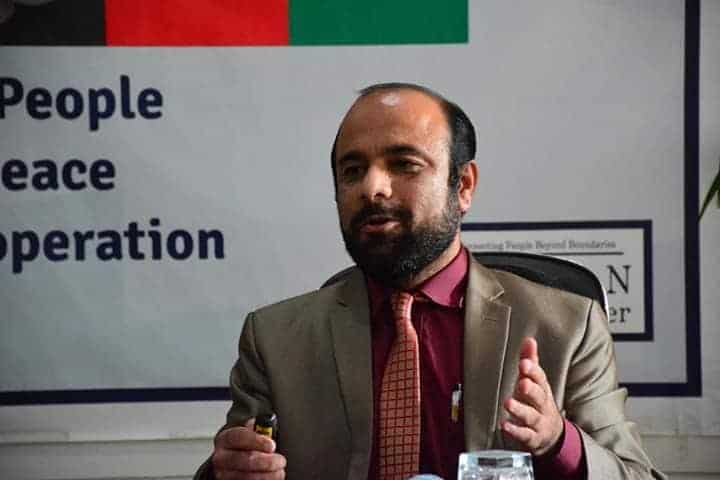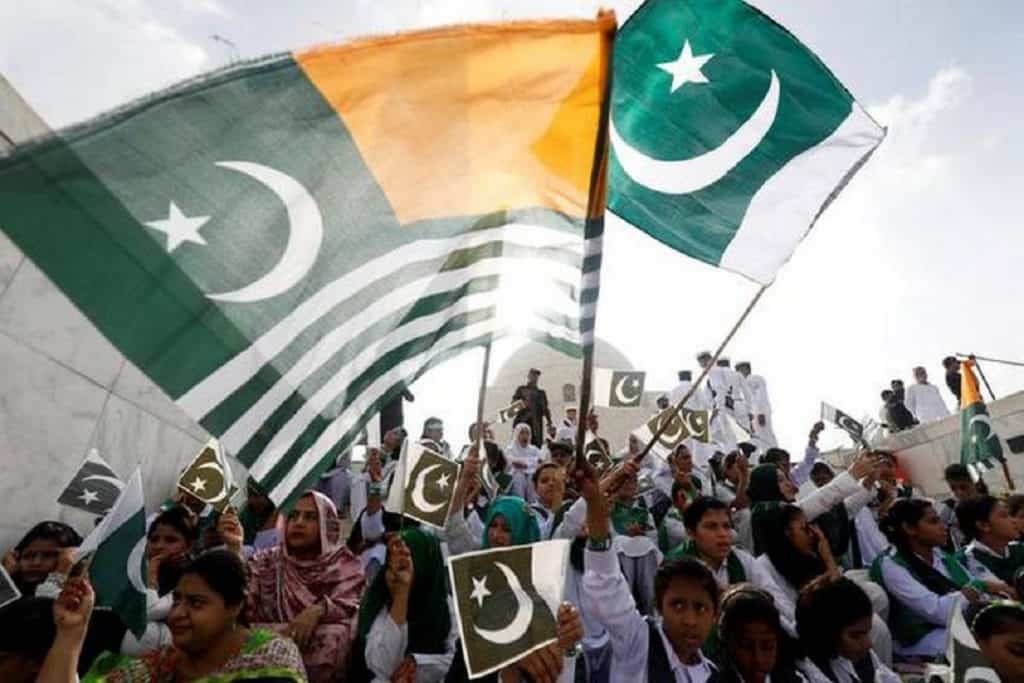As a result of another victory in the general elections, Indian Prime Minister Narendra Modi, through a constitutional reform, abolished the special status of Kashmir. The vast majority of Indian parties expressed support for this step, while in the Indian Congress there was a split into supporters and opponents of the legislative initiative of Narendra Modi. Hindu nationalist groups took this decision as a triumph of India in the international arena. At the same time, Pakistan, claiming the territory of the disputed region, is ready to use military force to protect its interests in Kashmir. The parties to the conflict were on the verge of a full-scale military conflict.

Especially for World Geostrategic Insights, we talked about this with Dr-Manzoor Afridi, Head of the Department of Politics and International Relations at the International Islamic University of Islamabad.
1. On the eve of an emergency meeting of the UN Security Council on the situation in Kashmir, Indian Defense Minister Rajnat Singh publicly expressed the threat of using nuclear weapons. In particular, the head of the Indian defense department noted that India’s nuclear policy is “focused on preventive use.” Is this a direct challenge to Islamabad to begin preparations for hostilities against New Delhi or are the parties going to limit themselves to exclusively public threats? How do you assess the likelihood that the parties to the conflict may use nuclear weapons against each other?
– The statement of Rajnat Singh is an unsubstantiated threat aimed at exerting pressure on Pakistan and gaining sympathy among Indian society. At the moment, the policy of “preventive use” of nuclear weapons by New Delhi is not relevant, since the use of nuclear potential for military purposes does not meet the interests of either India or Pakistan. In this regard, it is fashionable to say that in the international arena there is only a “play on words” regarding this. Moreover, each of the parties to the conflict is well aware that no one will use nuclear weapons, despite the fact that the hands of many state leaders are on the “red buttons”. At the same time, because of such threats, the tension in Kashmir can reach a critical level, as a result of which the armed forces of Islamabad and New Delhi can open fire to defeat each other.
2. Is Pakistan taking any actions to strengthen its defense due to the escalation of tension in Kashmir: is the regrouping of troops and heavy military equipment being carried out, is the reconnaissance of the area being carried out? In general, what actions is Islamabad taking to neutralize the potential threat from India?
– Islamabad has increased the presence of its army along the borders with Kashmir and is ready to repel any military provocations by anyone. In the Pakistan Independence Day, August 14, 2019. The General Kamar Javed Bajwa, chief of staff of the Pakistan Ground Forces, stated quite harshly that Islamabad would not under any circumstances allow to violate its sovereignty and territorial integrity. It follows that the Pakistani military command has clear plans regarding the defense against aggression by a likely enemy. In addition, we are aware that India has the opportunity to launch a series of local attacks on Pakistani territory in the event of strong pressure both domestically and in Kashmir. However, Islamabad is quite capable of containing the onslaught of the Indian army and will respond to any provocations in accordance with the military situation.
3. During the meeting of the UN Security Council, most of the participating countries called on India to prevent an escalation of the conflict in the region, as this could lead to global war. How likely is it that the Narendra Modi government can ignore the decision of the UN Security Council? Are there any prerequisites for New Delhi to increase its pressure on Kashmir?
– As a result of the cancellation of the special status of Kashmir, the Prime Minister of India, Narendra Modi, gained immense popularity among his voters, since the state was divided in accordance with the wishes of many Indians. However, protests in the region started almost immediately after the end of the curfew in Kashmir. Meanwhile, India is likely to continue to exert military force, and the international community will be silent or continue to advise both sides to resolve it bilaterally. New Delhi may have achieved what it wanted, and we have received face salvation internationally. However, the Kashmir problem has taken on a new dimension with much more complex problems. This is a new beginning to a new long journey. The government of Narendra Modi, most likely, will ignore the decision of the UN Security Council, which did not even adopt any official resolution regarding the situation in Kashmir.
4. Does the government of the Prime Minister of Pakistan, Imran Khan, intend to form an international coalition in order to intensify its efforts to extend its influence to Kashmir? What policies is currently being implemented by Pakistan with a view to establishing a dialogue among the residents of Kashmir?
– Islamabad has successfully diverted the attention of the international community to Kashmir and has now made it more internationalized. Pakistan will try to get as close as possible to major world powers. I think that no group or coalition is likely to form in solid form. Pakistan is stepping up its efforts to help Kashmiris diplomatically, morally and politically. Pakistan will continue to strengthen ties with Kashmiri influence groups and will focus more on human rights institutions. The government of Imran Khan received a unique chance at each international conference to express its position on the problem of Kashmir, and thereby gain political points at the international level. In other words, Islamabad has a clear agenda, which he will try to promote around the world.
Image Credit: Reuters/The Hindu







